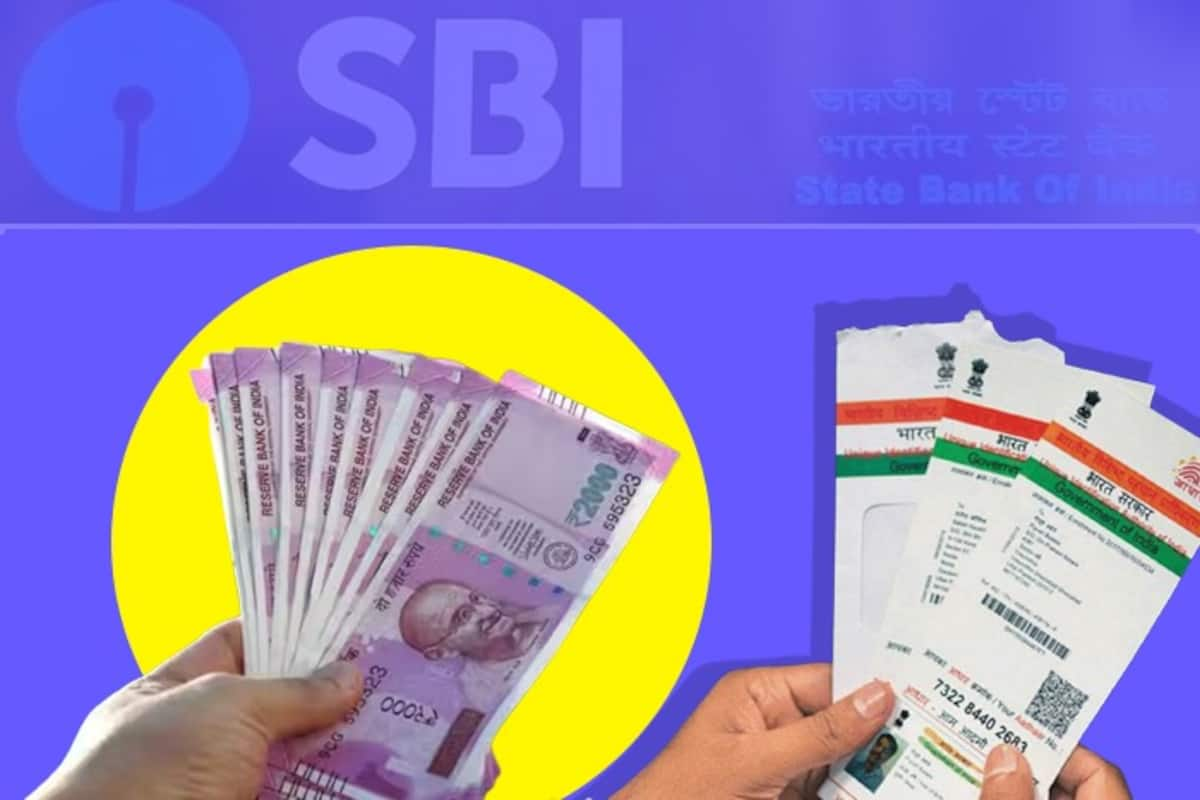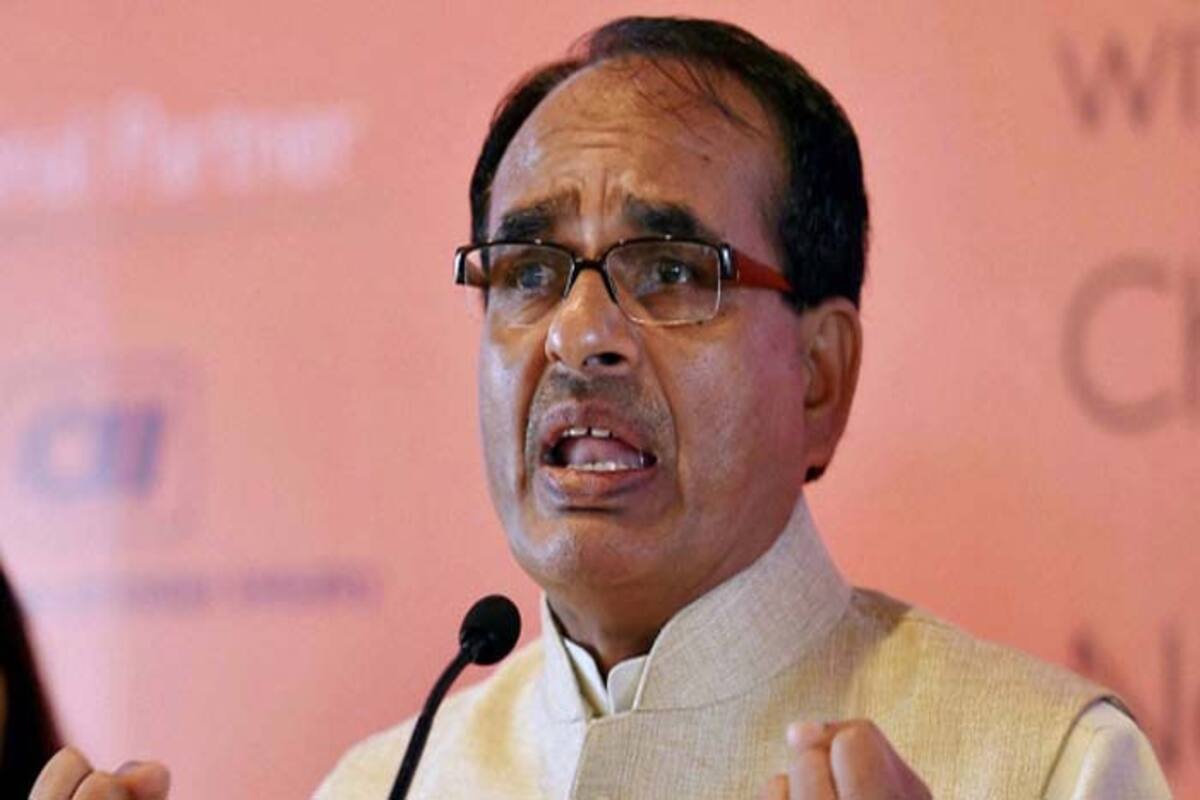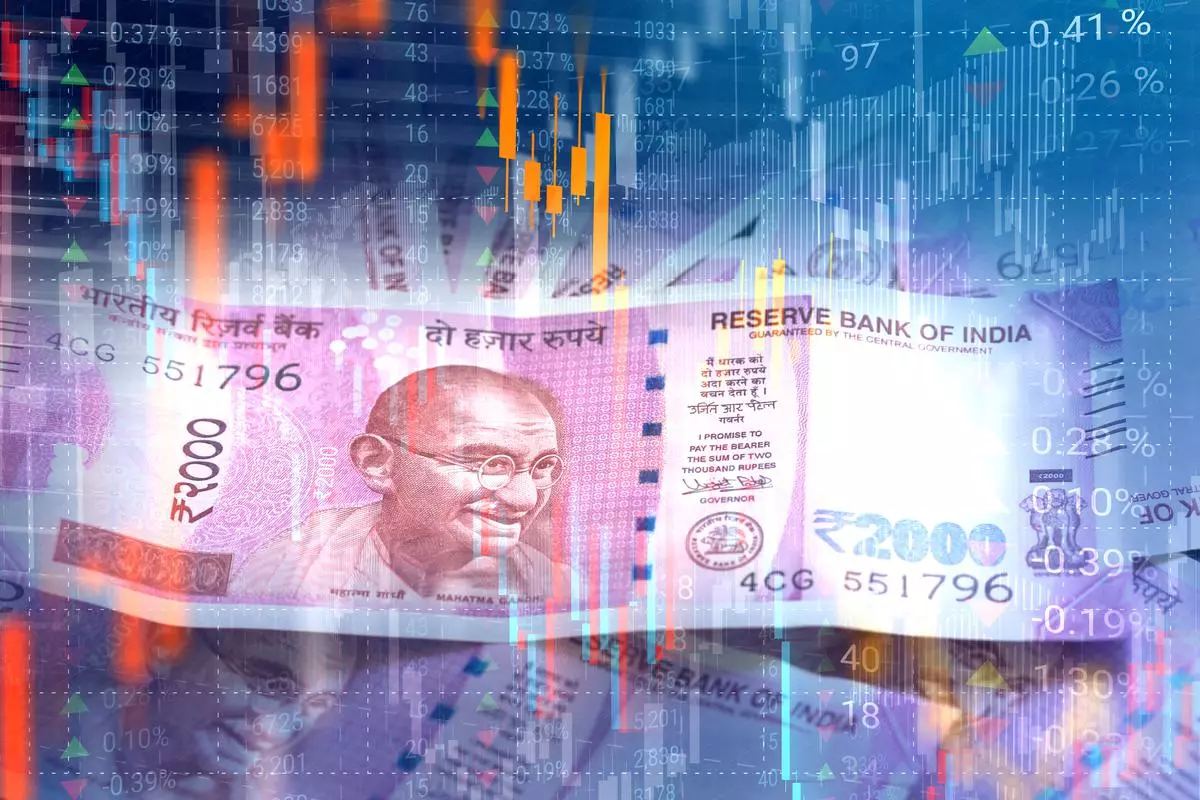Are Banks Only Interested In Money And Not On The Source Where It Comes From? – “HC Reserves Stay On PIL”
In the heat of the withdrawal of Rs. 2000 bank notes by Reserve Bank of India, the situation which has taken the public by frenzy has also scuffed off equally gnarly challenges. Could the direction of the staggering economy of India affect the net worth of the encompassed individuals?

The Public Interest Litigation (PIL) challenging SBI’s latest proclamation of not demanding ID cards for exchange of the Rs. 2000 currency note has prompted a reserve on its judgment by the Delhi High Court.
RBI’s decision to suddenly scrap the highest denomination bank note without justifying its precipitous fall in the market; SBI’s notice exempting the ID card during exchange of the notes; and the defendant’s rebuke made to the court to stay out of economic policy of the Government, all mulled over closely smells of some foul play in the hiding.
The PIL had implored the Central Bank for the notes to be deposited on individual bank accounts only, along side pointing out the ill effects that may follow if proper ID proof is not summoned as a validating criteria during the exchange or deposit of the highest value paper note.
How PIL Involving Rs. 2000 Bank Notes Came Into Play
BJP Leader and Advocate Ashwini Kumar Upadhyay moved the Delhi HC in person with the PIL stating that the recent notification by SBI and RBI offends Article 14 of the Indian Constitution, and on top of that it is irrational and arbitrary.
Upadhyay made it clear that the entire notification was not being challenged through the plea, instead SBI’s statement which exclaims that bank notes exchange can be made possible without the need of requisition slip or ID Card, is the primary matter of confrontation.
The latter-day remark by the Centre declaring that a Bank Account and Aadhaar Card is possessed by every Indian family has been rightly put to use while filing the PIL.

Upadhyay put a question mark in the PIL exclaiming that with 142 crore population of India and 30 crore families, who would each hold 3-4 Aadhaar card in their family considering issue of 130 crore Aadhaar Card to all Indians, why has the Bank not mandated the requirement of a valid ID proof during the exchange of the highest denomination note.
The notification without any head and tail could cost the government limitless money exchanges through gangsters and henchmen like Atiq Ahmed.
In order to distinguish the citizens having disproportionate assets and black money, Upadhyay, further sought that Banks should ensure the deposit of the Rs. 2000 notes in the bank accounts of the respective account holders itself.
This would also help weed out benami transactions and corruptions, securing the fundamental rights of the Indian citizens, while at the same time prevent mischievous deposits into other accounts by some crooked citizens.
The politician and lawyer continued that about 80 crore of the Indian population receive free grains, bringing them Below Poverty Line, which also is a major indication that this 80 crore populace would hardly be using such a high worth bank note of Rs. 2000.
Be that as may, the BPL families hold an account share of 48 per cent in the Banks even though Jana Dhan, that makes an aggregate of 225 crore bank accounts in the country, signifying that on an average each Indian household incorporates equal to or more than 1 bank account.
The plea involves the Union Ministers of Finance and Home Affairs, RBI, and SBI as the respondents.
Whereas, Additional Solicitor General Chetan Sharma represented the Union of India, RBI was presented by Senior Advocate Parag P. Tripathi.
Where Did The Rs. 2000 All Vanish?
In March 2022, RBI had reported continuous decline of the Rs. 2000 bank notes, showing up only a slumping 1.6 per cent out of the total notes in circulation.

At its peak of circulation, that is March 2018, Rs. 2000 notes in the market witnessed an escalating share of 6.73 lakh crore that rounds up about 37.3 per cent of the total notes in action.
In spite of all the glory the Rs. 2000 saw when it came fresh into the market, it fell all of a sudden in value and circulation in the preceding years.
The current statistics of March 2023 hold the Rs. 2000 bank note circulation to have dipped as low as 3.62 lakh crore accounting for just 10.8 per cent of the comprehensive circulating notes, before the RBI issued the withdrawal notice.
Upadhyay points out that there is an avid chance of the remaining 3.11 lakh crore Rs. 2000 notes to be either rested in some high potential individual’s locker, or could have been amassed by the Maoists, separatists, Mafias, smugglers and the all-including corrupt mortals.
Without being affected by all this, RBI’s only concern is to get back all the Rs. 2000 bank notes existing in circulation into the repository, as it validates that the role of the 2000 rupee note as a substitute for the then demonetized Rs. 500 and Rs. 1000 bank notes has been accomplished with full effect.
The leading lender of India, SBI, does not even bother where the source of exchange of Rs. 2000 notes comes from as it has publicly stated that the transaction can be completed without the need of an ID card.
RBI and SBI had released their notifications on 19 May and 20 May respectively. The window for the deposit and exchange of Rs. 2000 Bank Notes has been initiated from 23 May 2023.
The Take On PIL
Opposing the plea, Senior Advocate Parag P. Tripathi manifested that the points raised in the PIL does not revolve around the public issues, and therefore the matter should be dissolved with exemplary costs.
Tripathi further proclaimed that the withdrawal of the Rs. 2000 currency note is a statuary exercise, and does not concern demonetization.

Taking a stand for the RBI, Parag Tripathi, admonished the Delhi High Court citing courts are not to interfere with the economic policy of the nation.
Reliance was pressed on Small Scale Manufacturers Association vs. Union of India, and RK Garg vs. Union of India.
Should The Judiciary Sit With Folded Hands When The Citizens Of A Country Bring A Lawsuit Before Them, And That Too A PIL?
After hearing the submissions put forward by both the parties on Tuesday, the Division Bench of the Delhi High Court comprising of Justice Subramonium Prasad and Chief Justice Satish Chandra Sharma declared that the court will pass appropriate orders, whilst reserving the order.
Proofread & Published By Naveenika Chauhan




